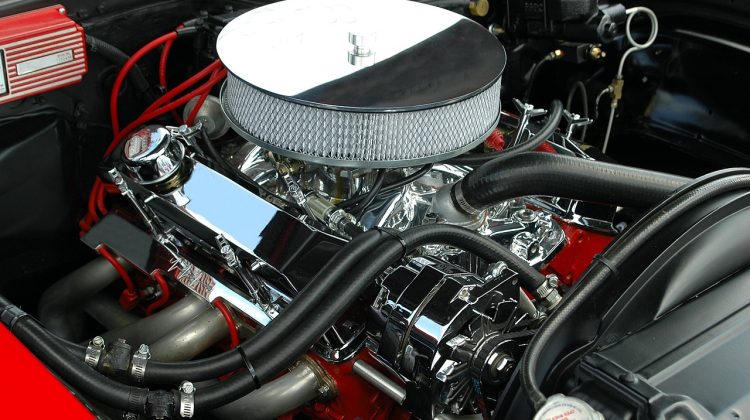Under UK law it is a requirement that you have, at the very least, the required minimal insurance cover for your commercial van. There are many different commercial vans which are covered under this type of specific insurance. Small vans which are similar to a car at the front end but having a van back end which are used for carry light loads or for making deliveries, including those with a raised roof are included under commercial van insurance, as are medium sized or panel vans, box vans and pick-ups where the load is uncovered in the back.
Commercial van insurance is calculated using a number of varying factors such as the total weight load of the vehicle, the size and type of goods being carried. Hazardous goods such as flammable liquids are considered to be a greater risk and therefore the insurance costs are typically higher. If you have made any modifications, such as lifting ramps to the van, these will also be taken into consideration by the insurers. The ownership of the contents is also a key factor. Contents which are being carried or delivered for a third party, for which payment or reward is received, will need to have additional goods in transit insurance cover in most instances.
Insurance quotes are always for one vehicle, if you own more than one commercial van it may be more cost effective to consider fleet insurance, insurance companies differ on the number of vehicles owned to be legible to qualify for fleet insurance, however, all will be more than happy to give you a quote!
Insurance brokers can be a very effective way of finding the most competitive commercial van insurance to meet your needs. By providing all relevant information, either on-line or by phone, they will carry out searches and come up with the most appropriate insurance companies on your behalf.
Additional incentives being offered by insurance companies include generous introductory No Claims Discount offers for new ventures or second vans, unlimited mileage policies with no radius restrictions and replacement like-for-like vans in the event of a non-fault accident. Free legal expenses which try and re-coup any out of pocket expenses for non-fault accidents are also used as incentives, which you may wish to consider when selecting which commercial van insurance company to use.
Many insurance companies realise that paying for insurance can be quite a large sum of money in one up-front payment. As such many offer monthly instalments and easy payment options, including direct debits to help you spread the costs.
All commercial van insurance requires you to up-hold your ‘duty of care’ to ensure the vehicle is maintained as roadworthy and that reasonable steps have been taken to prevent or minimise loss, damage, accident or injury, including the maintenance of security precautions to reduce the cost of claims and legal proceedings. Your duty of care will often include that you take reasonable care when selecting employees. You also have a duty to disclose the purpose of the commercial van and any contents you are carrying.
About the author
Staveley Head offers a broad range of insurance policies such as Car Insurance, Van Insurance, Courier Insurance and Goods In Transit Insurance to fulfil your coverage needs.










No Comment